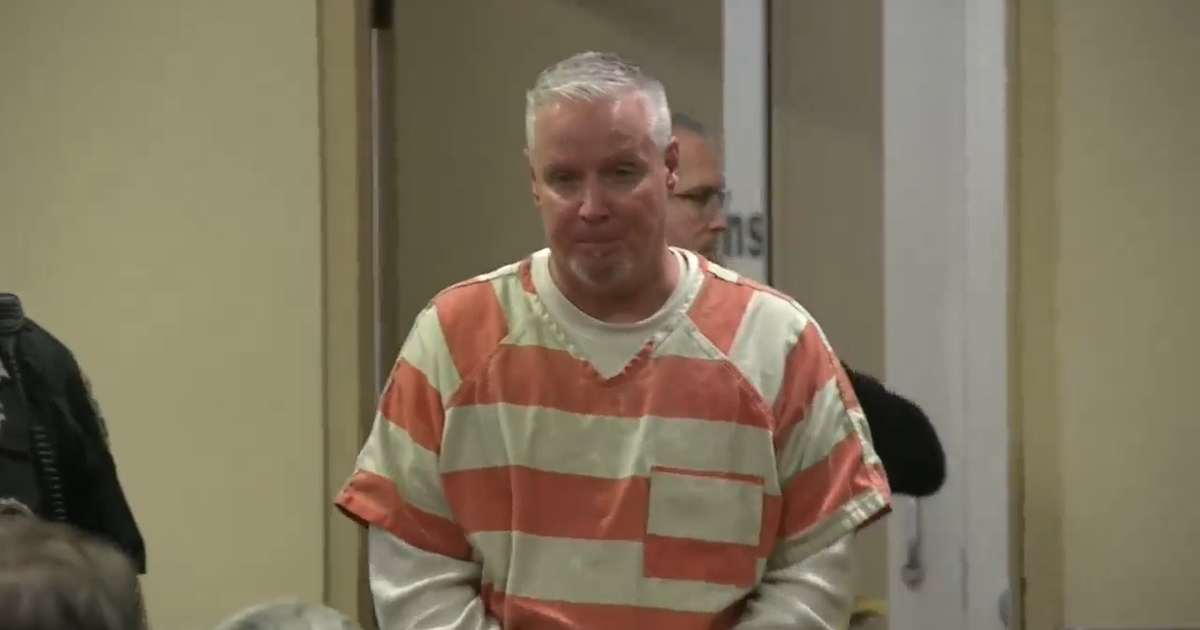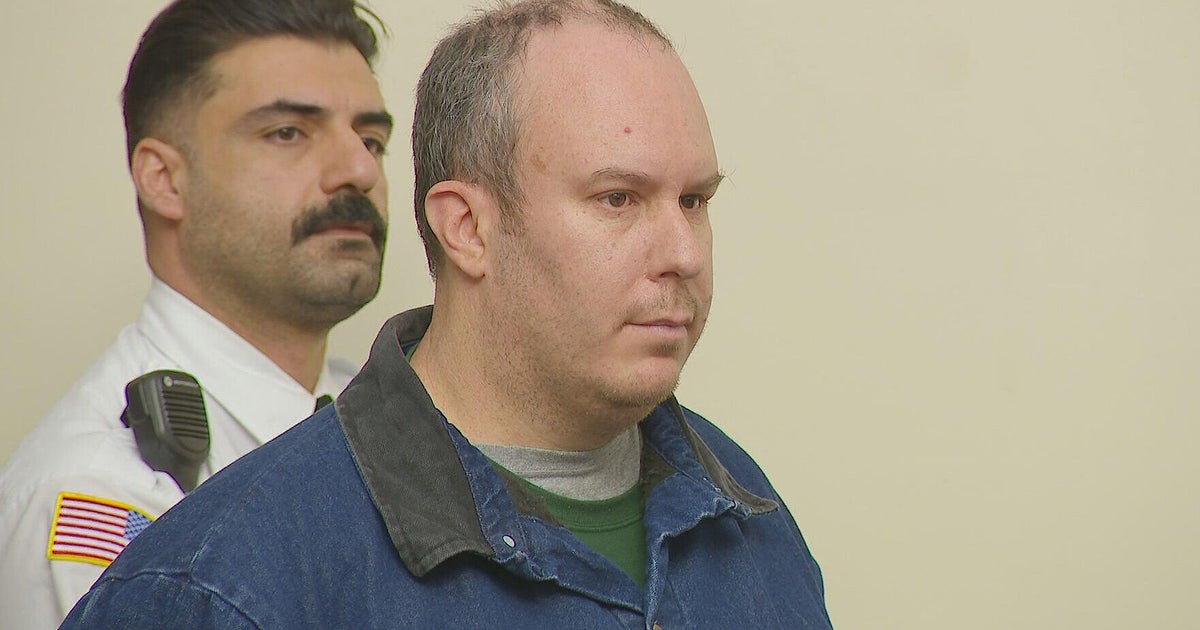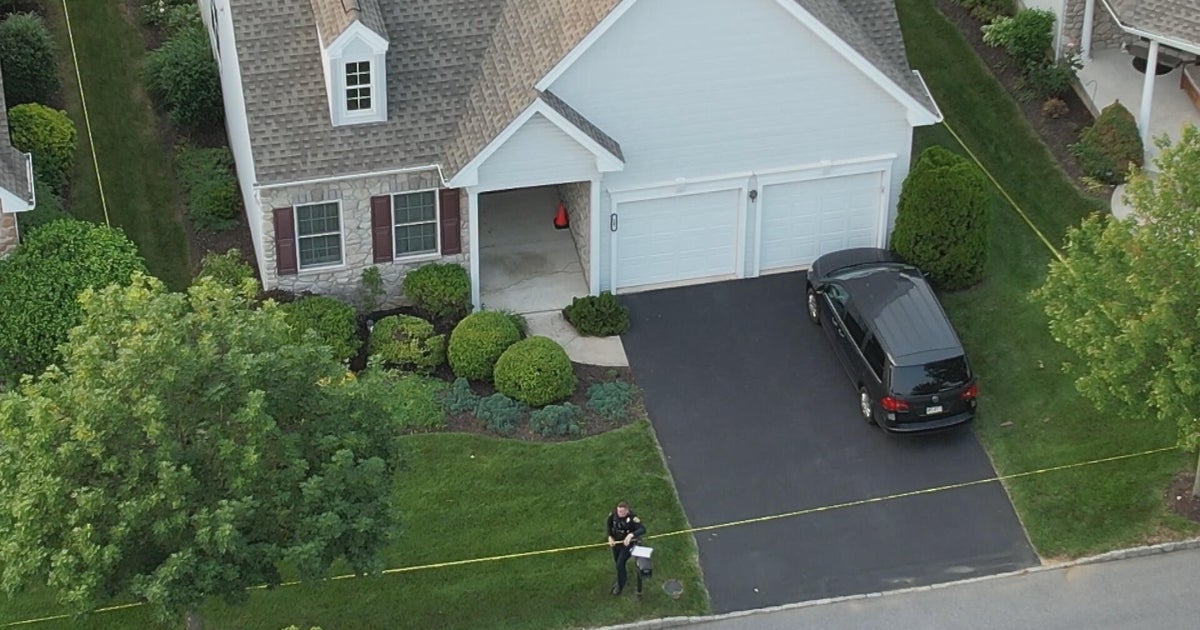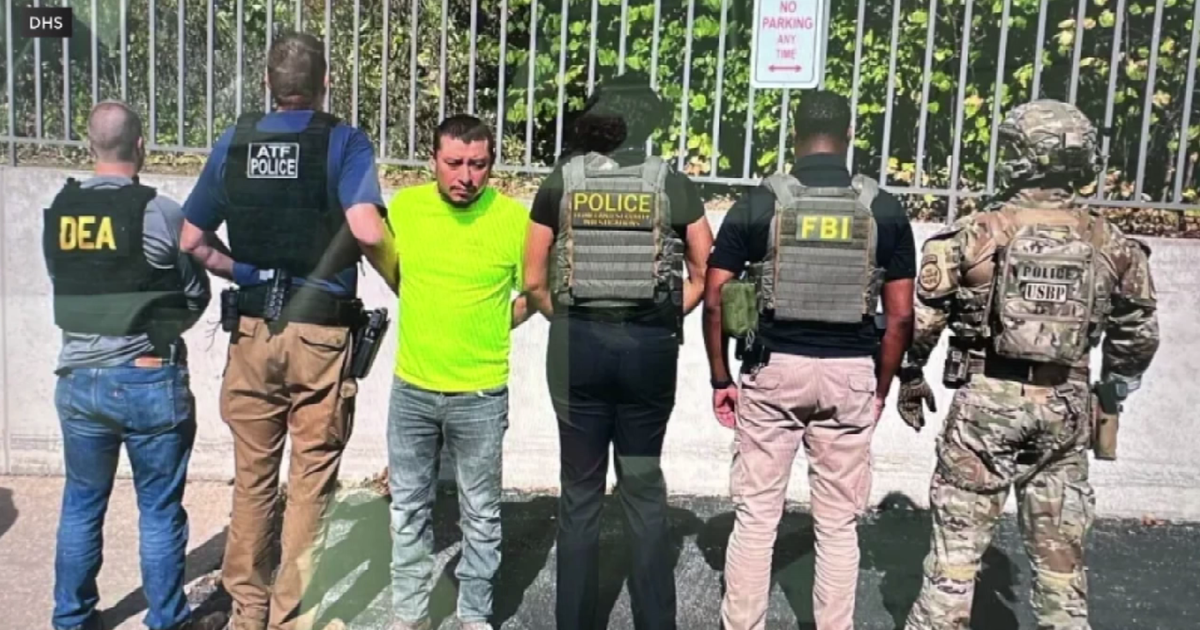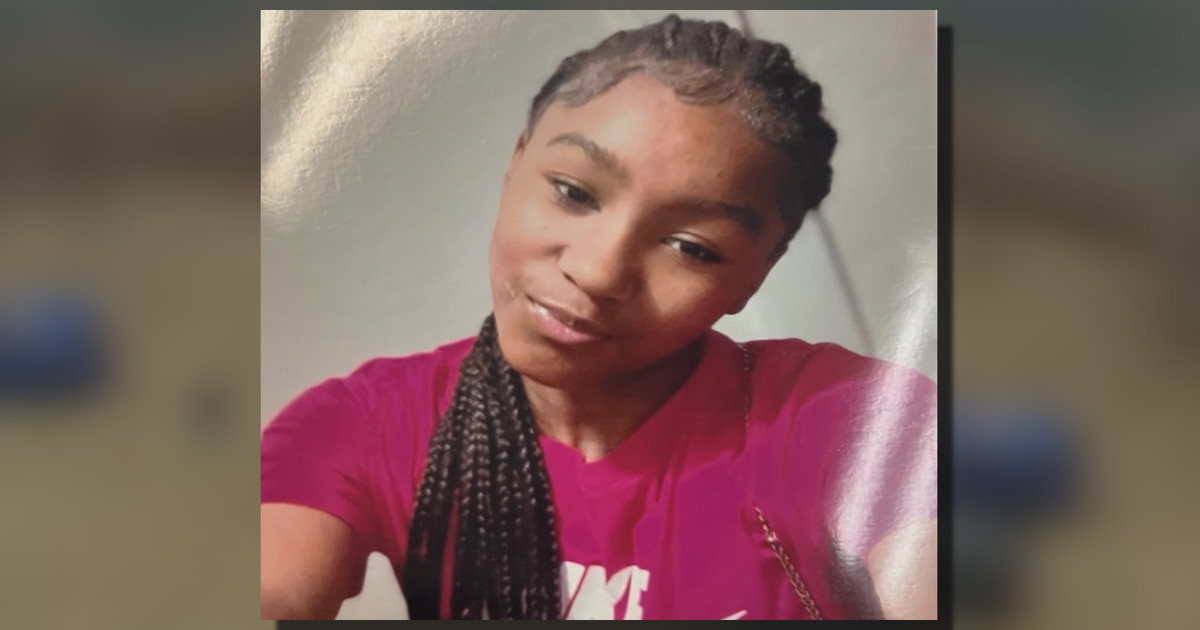Jury To Begin Deliberating In Mumbai Attacks Trial
CHICAGO (AP) -- Attorneys in the high-profile terrorism trial of a Chicago businessman accused in the 2008 Mumbai attacks offered the same final advice Tuesday to jurors: Use your common sense.
But prosecutors and defense attorneys in a trial that has been closely watched in the wake of Osama bin Laden's death agreed on little else, presenting closing arguments that showed starkly different portraits of businessman Tahawwur Rana. CBS 2's Derrick Blakley reports.
The defense called the Pakistani-born Canadian an innocent dupe, fooled by his longtime friend David Coleman Headley, an admitted terrorist who pleaded guilty to scouting sites ahead of the attacks. Federal prosecutors, however, maintained that Rana was a willing accomplice to Headley in the attack on India's largest city and a planned attack on a Danish newspaper.
Headley was the government's star witnesses and testified for five days about working for both Pakistan's main intelligence agency, known as the ISI, and Lashkar-e-Taiba, a Pakistani terrorist group that took credit for the siege on India's largest city.
The trial has received much attention, especially because the proceedings come just weeks after bin Laden's May 2 killing in Pakistan by U.S. forces. The fact that the al-Qaida leader had been living in an army garrison town outside the Pakistani capital for years raised suspicions that the Pakistani government knew, or even helped hide, bin Laden. Pakistani officials have denied the claims.
Attorneys on both sides told jurors - who begin deliberations Wednesday after hearing eight days of testimony - to weigh the evidence carefully and to use common sense.
Assistant U.S. Attorney Victoria Peters made a Sept. 7, 2009, recorded phone call between Rana and Headley the centerpiece of closing arguments for the prosecution. In the call, the men discussed the Mumbai attacks and Headley talked about future targets, including a Danish newspaper that in 2005 printed cartoons of the Prophet Muhammad, angering many Muslims. That plot was never carried out.
She showed an English transcript of the conversation, which took place in Urdu during a car ride and was recorded by the FBI, showing that Rana had praised the Mumbai gunmen, saying they should be honored.
"Rana and Headley were playing on the same team," Peters said. "These two old friends don't just talk about past accomplishments, they talk about future goals."
Rana, who has lived in Chicago for years, did not testify at his trial. He is accused of providing cover for Headley by letting him open a branch office of his immigration law services business and pose as a representative as he carried out surveillance for the Mumbai attacks and the Danish plot. The men met as teenagers at an elite Pakistani boarding school and have stayed in touch.
Peters led the courtroom through a timeline of more than a dozen emails and recorded conversations in the case, including brief ones exchanged between Rana and an ISI member known only as "Major Iqbal," whom Headley testified gave him orders on the Mumbai plots. Peters said Rana, who printed business cards for Headley and arranged some of his travel, had knowledge of all the plots and all those involved. She asked jurors to appeal to their common sense.
"Rana knew Headley's main purpose," Peters said. "He was not a dupe, he was not a fool."
Defense attorneys tried to paint Headley as lacking in credibility and focused on how Headley initially lied to the FBI as he cooperated, lied to a judge and even lied to his own family. They claim he named Rana in the plot because he wanted to make a deal with prosecutors and had to provide another arrest. Headley's cooperation means he avoids the death penalty and extradition to India, Pakistan and Denmark.
Rana's attorneys said Tuesday that Headley used Rana, and their client had no knowledge of the Mumbai or Denmark plots. Attorney Patrick Blegen said if Rana had known about the Mumbai plot he would not have traveled to the city with his wife during the same month.
Headley "is a lifelong manipulator, liar. ... Then he gets trained by a spy agency. He thinks he can fool everyone. He can't fool you," Blegen told jurors.
Blegen said the phone call at the heart of the prosecution's closing argument had missing or inaudible portions and that Headley's tone during the call - where he speaks in a nearly sing-song-like manner while mentioning targets - suggests there could be different interpretations. He also tried to show that Rana had legitimate business interests in Mumbai for years, by showing documentation of the business including a lease, an office secretary's notes and lists of potential clients.
Rana has pleaded not guilty to three counts: conspiring to provide material support to terrorism in India, Denmark and to Lashkar-e-Taiba, which the U.S. has designated as a terrorist organization. Rana could be sentenced to life in prison if convicted.
He attended court proceedings each day wearing a suit, while several members of his family came to the proceedings.
Rana's attorney Charles Swift told reporters Tuesday that Rana is a religious man and that "now is the time for prayer."
Six others are charged in absentia in the case, including Ilyas Kashmiri, who was believed to be al-Qaida's military operations chief in Pakistan. He was reportedly killed Friday in a U.S. missile strike.
© 2011 The Associated Press. All rights reserved. This material may not be published, broadcast, rewritten or redistributed
